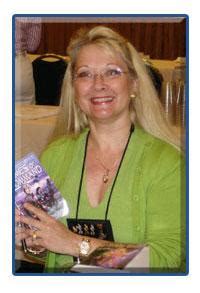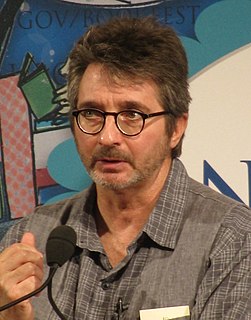A Quote by Siddhartha Mukherjee
Sandeep Jauhar’s Doctored is a passionate and necessary book that asks difficult questions about the future of medicine. The narrative is gripping, and the writing is marvelous. But it was the gravity of the problem—so movingly told—that grabbed and kept my attention throughout this remarkable work.
Related Quotes
Sandeep Jauhar specializes in peeling back the veneer, revealing the discomfiting truths of today’s medical world. He is unafraid to dig deeply and honestly, both within himself and within the medical profession. Doctored raises critical questions that twenty-first-century medicine must answer if it is to meet the needs of its patients as well as of its practitioners.
I think it is a problem of our society that we don't enjoy (ourselves.) We have these values, like, you have to be rich, you have to get a diploma, you have to work hard, otherwise you are useless, you are nothing but a pariah. And the book asks, 'Is it true? This is what my mom told me, but is it true?
Intern will resonate not only with doctors, but with anyone who has struggled with the grand question 'What should I do with my life?' In a voice of profound honesty and intelligence, Sandeep Jauhar gives us an insider's look at the medical profession and also a dramatic account of the psychological challenges of early adulthood.
Beautifully written, intensely passionate and gripping, FALLEN grabbed me
from the first sentence and didn’t let go. Its eerie future world and
frightening mores provide an unforgettable backdrop to the story of Lilia
Desjardins, the shade-hunter, and fallen-angel turned cop, Adam Montgomery.
It’s Matrix, Blade Runner and Terminator rolled into a riveting love story
and made better. Perfect. A must-read by an author who keeps you on the
edge of your seat.
When you're researching things that have happened, the clear narrative arc is not there already. This is the problem of writing nonfiction for me - writing nonfiction which is about serious subjects and has serious political and social points to make, yet which is meant to be popular to a degree - what happens when the facts don't fit a convenient narrative arc? I guess that for a lot of nonfiction writers that is a central challenge.





































